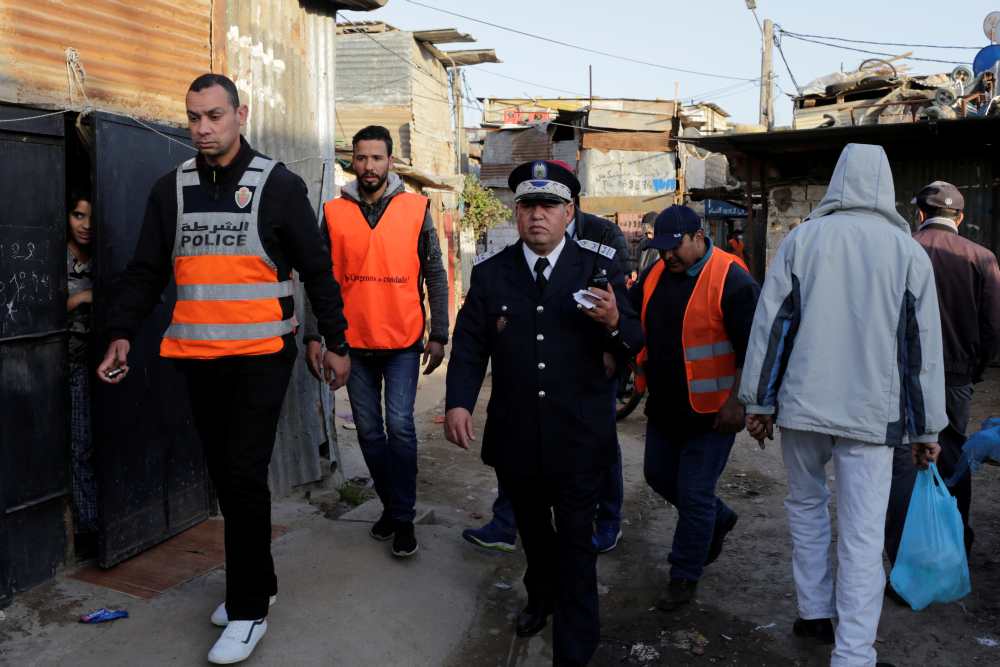KUALA LUMPUR, April 2 ― The Malaysian Embassy in Morocco is making a concerted effort to bring home another 27 stranded tourists after having successfully assisted 113 Malaysians in the same predicament last month, said Deputy Chief of Mission and Minister Counsellor Shahril Nizam Abdul Malek.
Operating with only three Malaysian diplomatic personnel (one of them working from home in Malaysia) and a handful of local staff members, the embassy continues to look out for any special flights as Morocco had closed its airspace as well as land and maritime crossings.
“The Embassy continues to put our ears to the ground to look out for any special flights arranged by countries in the Middle East and/or Europe to repatriate their citizens, especially with a possible connection to Malaysia.
“If there is any, the plan is to secure seats for the remaining 27 stranded Malaysian tourists. Several other options are also being considered, mindful of the cost implication as well as the safety aspect,” he told Bernama in an email reply, adding that all of them are in good condition.
Shahril Nizam hoped that the stranded Malaysians will be patient and understanding of the situation.
Apart from Embassy personnel and family members, there are three registered Malaysian expatriates and 150 students in Morocco, he said.
Shahril Nizam said among the first steps taken by the embassy was to form three WhatsApp groups ― namely for stranded Malaysian tourists in Morocco, Malaysians students in Morocco and Malaysians in Mauritania ― to ensure effective communication with everyone involved.
They then ramped up the registration drive for Malaysians in Morocco and Mauritania through the Embassy’s social media accounts. The Malaysian embassy in Morocco is also accredited to Mauritania.
“The Embassy continues to relay the latest information as well as provide advice and guidance to the extent possible, from finding the most economical accommodation facilities up to where you can get nasi lemak in Marrakech,” he said.
He added that as the students there mainly received financial support from various States back home, the Embassy had written to relevant Islamic religious authorities in Malaysia to bring their attention to the situation in Morocco.
“We had requested them to consider and speed up any financial assistance in terms of zakat or special allowances that could be extended to the Malaysian students here. We are pleased with the positive and timely responses from them,” he said.
The embassy had also deployed resources to aid the students in getting food supply immediately preceding the Health Emergency Order to ensure a continuous food supply during this time of restricted movement.
Shahril Nizam also applauded students in Morocco ― who mostly major in Islamic studies and Arabic language ― for their collective decision to remain, and hoped they will continue to stay safe and abide by all the measures imposed by local authorities.
The diplomats said in adhering to the guidelines issued by the Moroccan Foreign Ministry, the Embassy no longer accept visitors without an appointment as well as ceasing the processing of any visa application until further notice.
“We are also changing our work approach to be more email-based and minimise any direct meetings with Moroccan stakeholders. Beginning March 20, the Embassy made the transition to work from home, with reduced staff presence at the Embassy,” he said.
The Embassy also thanked the Morocco government for all the support and assistance extended during this challenging period. ― Bernama



















